US-China tensions on the rise
Washington and Beijing are at odds over a number of issues that are swiftly turning into sources of direct confrontation between the two nuclear-armed countries.
Tensions between China and the United States do not seem to be even close to abating.
For years, Beijing has been furious at Washington over the US military buildup in the Asia Pacific.
This has prompted Beijing to establish NATO like military alliances in the region.
In essence, the attempts to push for NATO like alliances in the Asia Pacific is a way of kidnapping regional countries and exaggerating conflicts and confrontations, which will only plunge the Asia Pacific into a whirlpool of disputes and conflicts.
Li Shangfu, Chinese Minister of National Defence
Addressing a security conference in Singapore, the Chinese defense minister warned that if a military conflict were to erupt between China and the United States, it would bring unbearable pain for the world.
Li Shangfu went on to say that today's Asia Pacific needs open and inclusive cooperation, not division into small cliques.
The Chinese official stressed that Beijing is seeking to ease tensions, adding that China and the US have different systems and are different in many other ways, however, this should not keep the two sides from seeking common grounds and common interests, to grow bilateral ties, and, deeper cooperation.
In a thinly veiled criticism of the US, Li accused some countries of intensifying an arms race and willfully interfering in the internal affairs of others.
He added that a cold war mentality is now resurgent, greatly increasing security risks, yet a mutual respect should prevail over bullying and hegemony.
The remarks come as Beijing has long been critical of the United States efforts to forge alliances in the region in an attempt to counter the rise of Beijing.
The US, with Australia and Britain, is a member of AUKUS, which is a security pact.
The US is also a member of The Quadrilateral Security Dialogue (QSD), commonly known as the Quad, which includes Australia, India and Japan.
What the USA is doing, setting up exclusive, confrontational, small groups, as they are advocating the so called democracy versus autocracy and so on.
So they are trying to divide the world, divide the region, into different categories of a country.
I don't think that that will help anybody's security, including United States [sic] own security.
More division will only lead to more conflicts, more confrontation. So, the end outcome is everybody's interests will be hurt.
Cui Tiankai, Former Chinese Deputy Foreign Minister
Tensions between China and the United States have been escalating recently over a series of issues including Taiwan, territorial disputes in the South China Sea, and, President Joe Biden's restrictions on semiconductor chip exports. In their latest round of escalations, the US and Canada sailed through the Taiwan Strait on Saturday.
China strongly condemned the move, warning that the US was being deliberately provocative.
Beijing responded by sending a naval vessel to intercept the US destroyer, the USS Chang Hoon.
The Chinese ship "executed maneuvers in an unsafe manner in the vicinity" of the Chung-Hoon, the U.S. Indo-Pacific Command (USINDOPACOM) said in a statement.
Washington condemned the move by Beijing in a statement by the United States Secretary of Defense Lloyd Austin describing the incident as "extremely dangerous".
He called on Beijing to rein in that kind of conduct, warning that accidents can happen that could cause things to spiral out of control.
The naval encounter on Saturday follows an incident last week when, according to the US, a Chinese fighter jet flew dangerously close to a US surveillance plane in the South China Sea.
Washington described the aerial encounter as an unnecessarily aggressive maneuver.
The recent tensions have prompted Chinese defense officials to question the US presence in the Asia Pacific region.
The Chinese defense minister says the onus is on Washington to pull its military back from areas near China.
Our Chinese military aircraft and warships won’t ever go near the airspace and territorial waters of other countries to engage in so-called navigational hegemony.
The best thing would be if all countries, and especially their warplanes and warships, refrained from wandering through other country’s territorial airspace and waters.
What are you hanging around here for?
Li Shangfu, Chinese Minister of National Defence
One wonders how the United States would react if Chinese destroyers sailed through areas close to US borders in the North Atlantic or North Pacific oceans or anywhere near the Gulf of Mexico.
When it comes to Taiwan, Beijing has territorial claims over the self ruled Island yet Washington continues on its collision course with Beijing over the issue.
More recently, China has strongly lashed out at the US after struck a trade deal with Taiwan.
Beijing called on the United States to stop official exchanges with the self ruled Island under the guise of trade, but given all the developments it seems that Washington has no respect for international law and regulations.
It is apparent that the United States is not taking China's warning about its presence in the Asia Pacific region seriously, something that will lead to a global catastrophe if Washington chooses to seek confrontation over dialogue.
Somalia officially demands Israel reverse recognition of Somaliland
Hezbollah condemns deadly terror attack on worshippers in Syria’s Homs
VIDEO | US military build-up in Caribbean
Iran parliament probes missing $6.7bn in oil export revenues: MP
Saudi-backed coalition vows to counter UAE allies in Yemen
VIDEO | Heavy rains, flash floods leave Southern California homes caked in mud
‘He chose to save lives’: Netizens rally for Gaza doctor’s release after a year in Israeli jail
US uses Iraqi airspace to spy on Iran, says Iranian ambassador to Baghdad


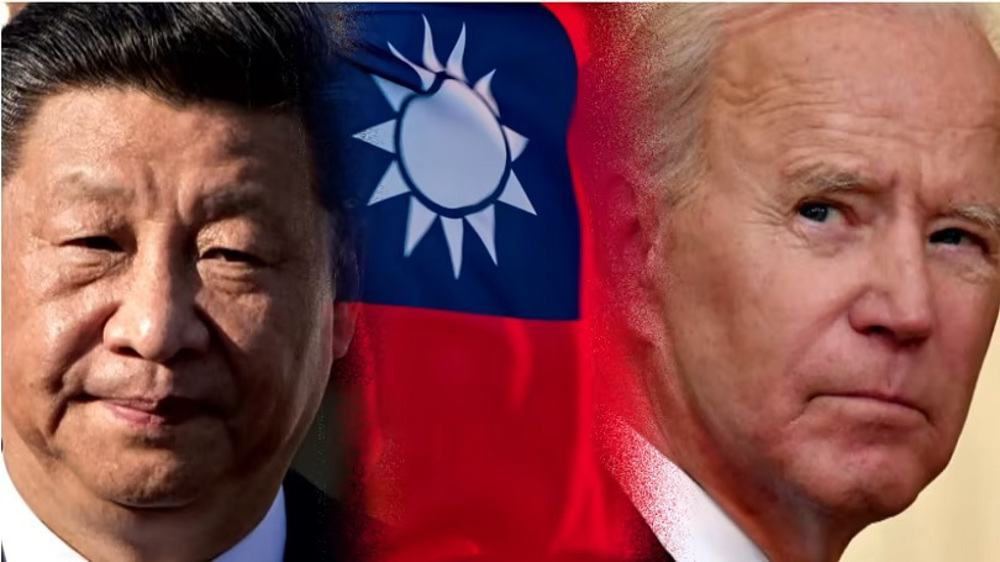
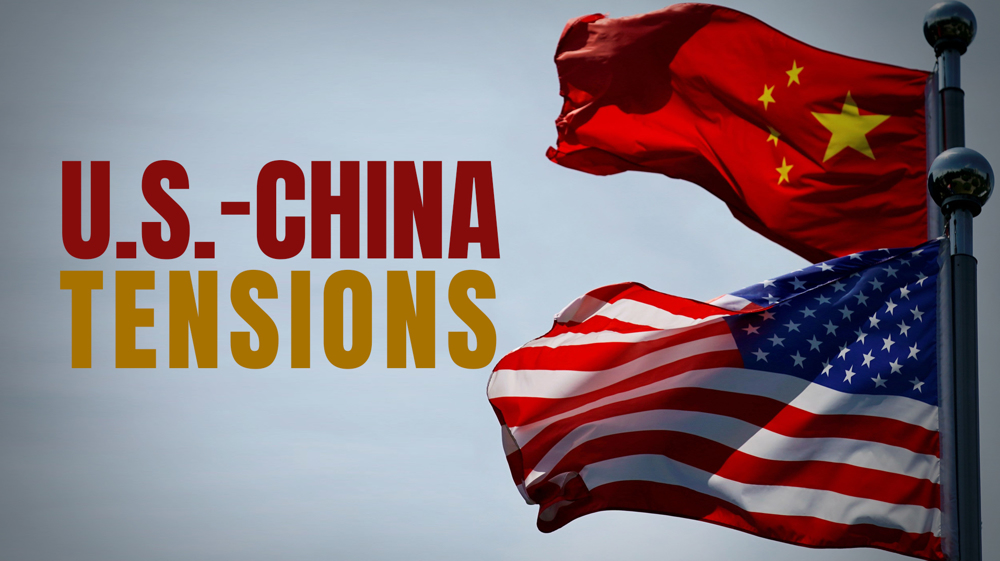
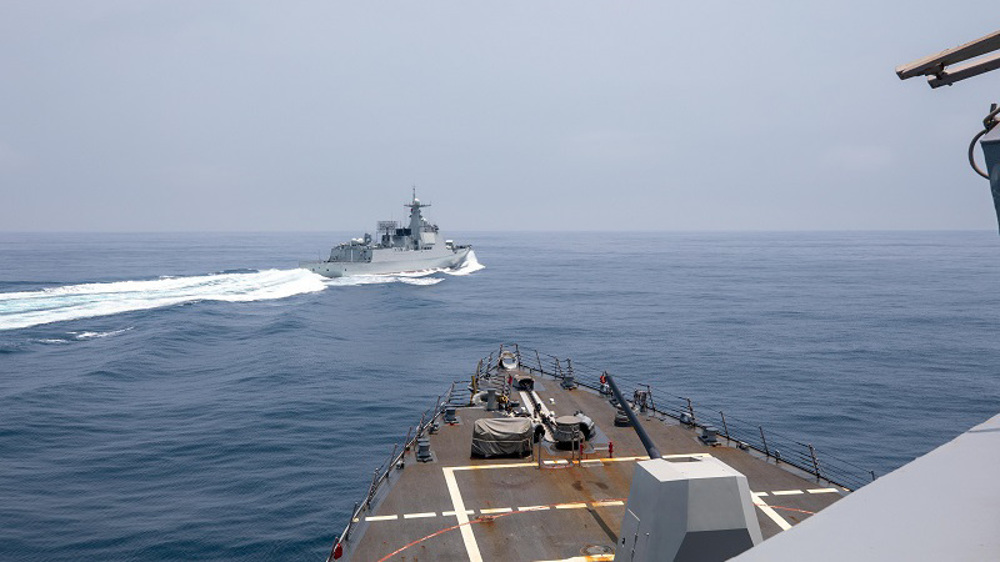
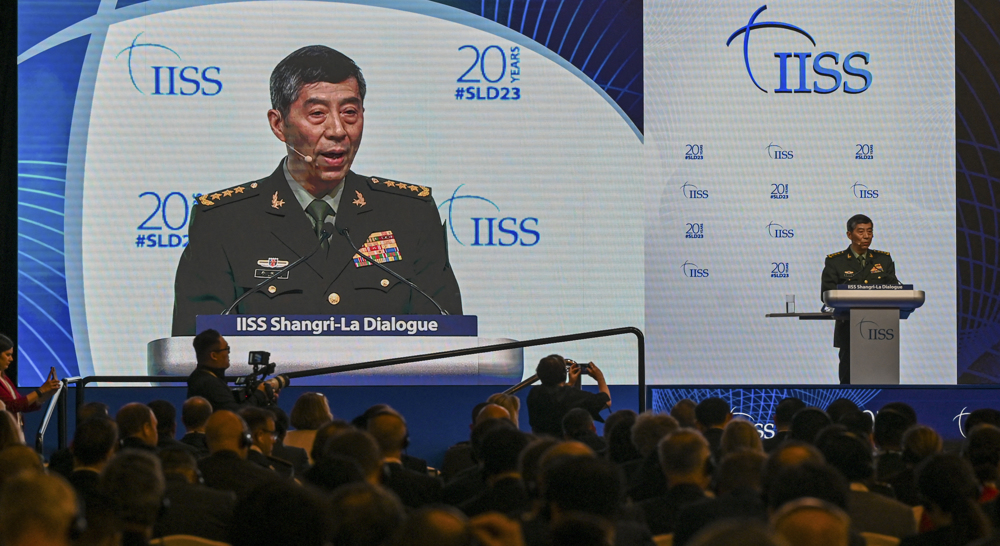
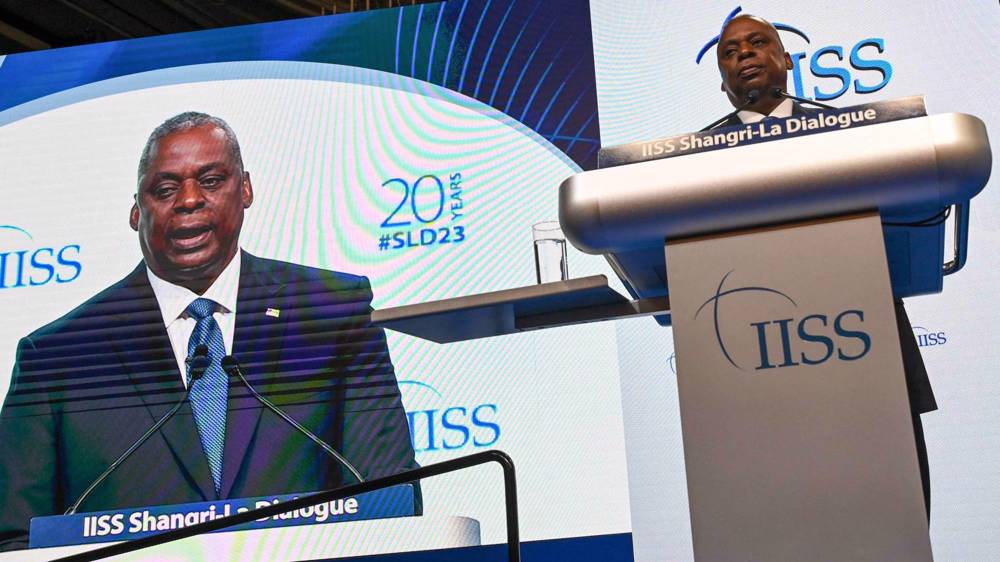
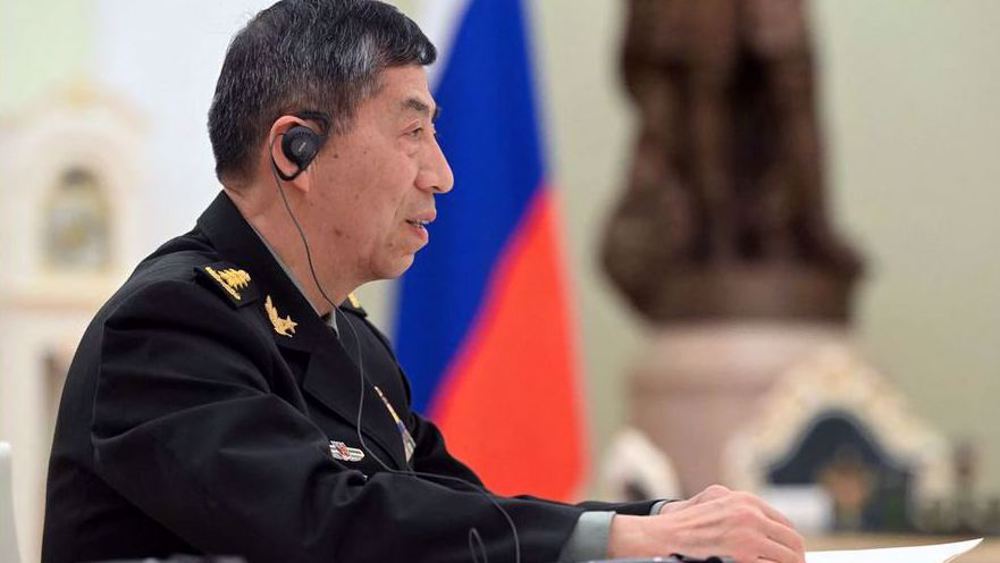
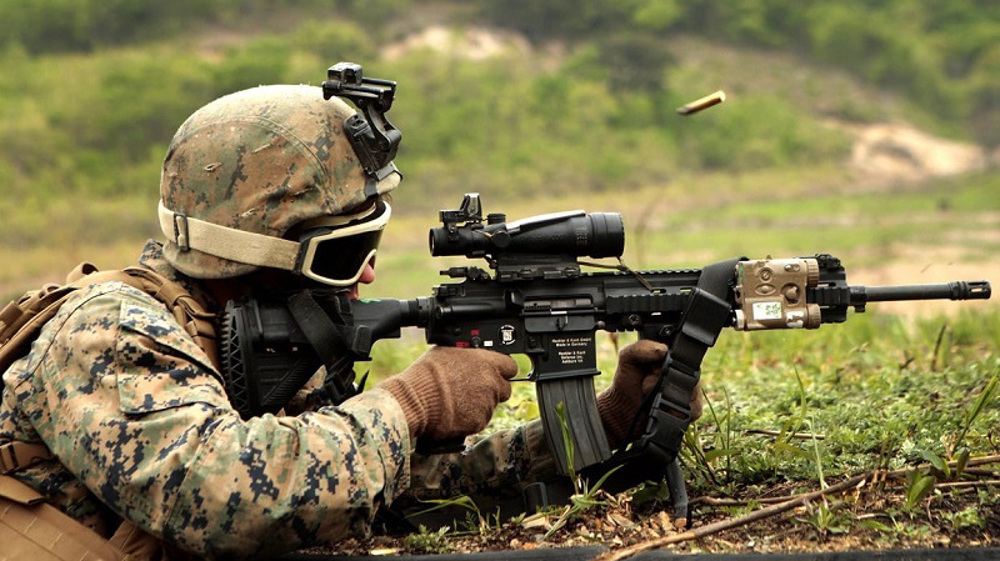

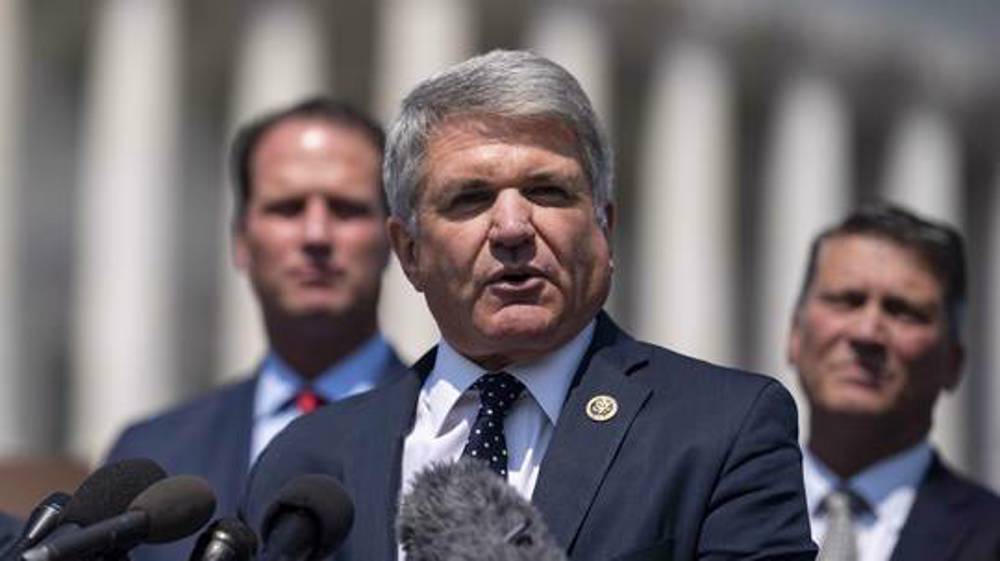
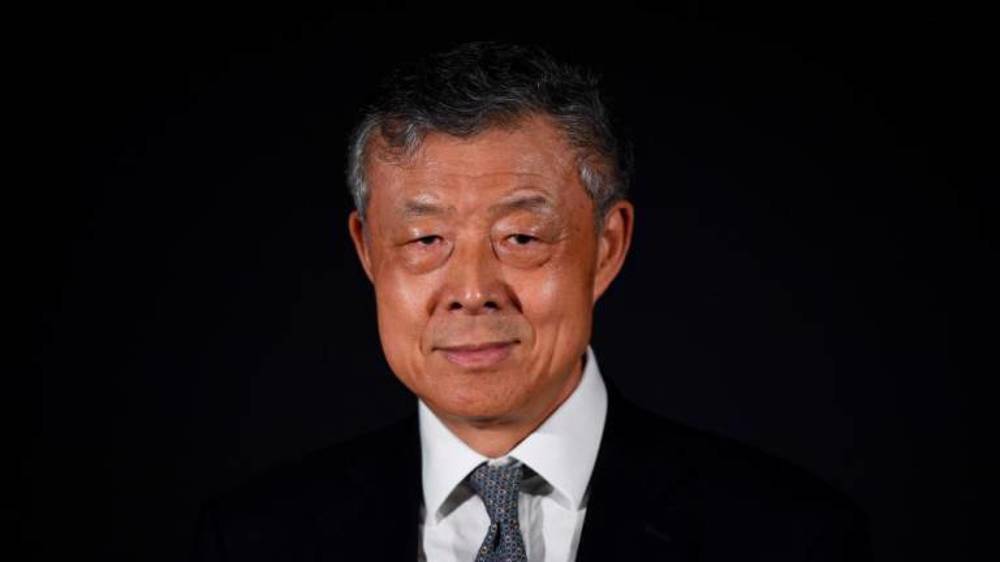
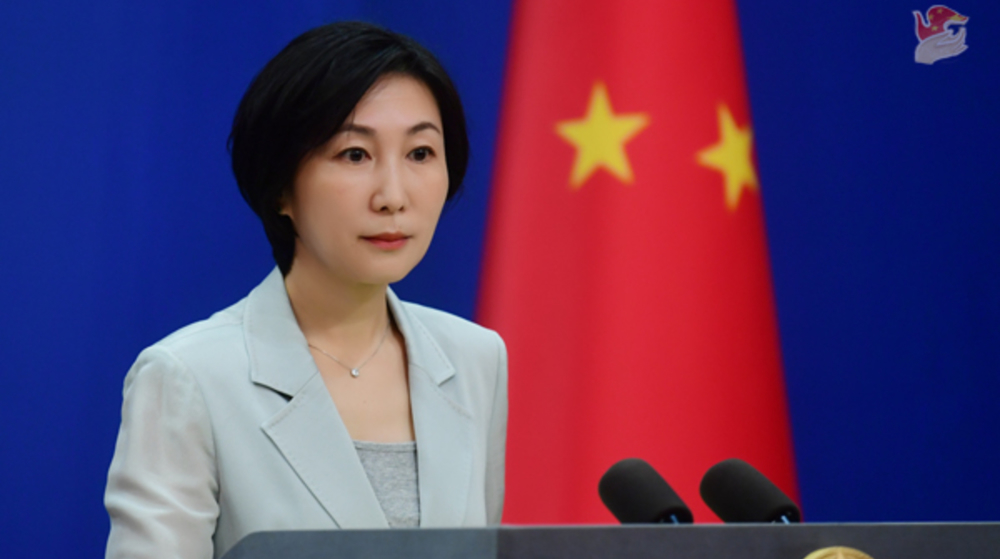

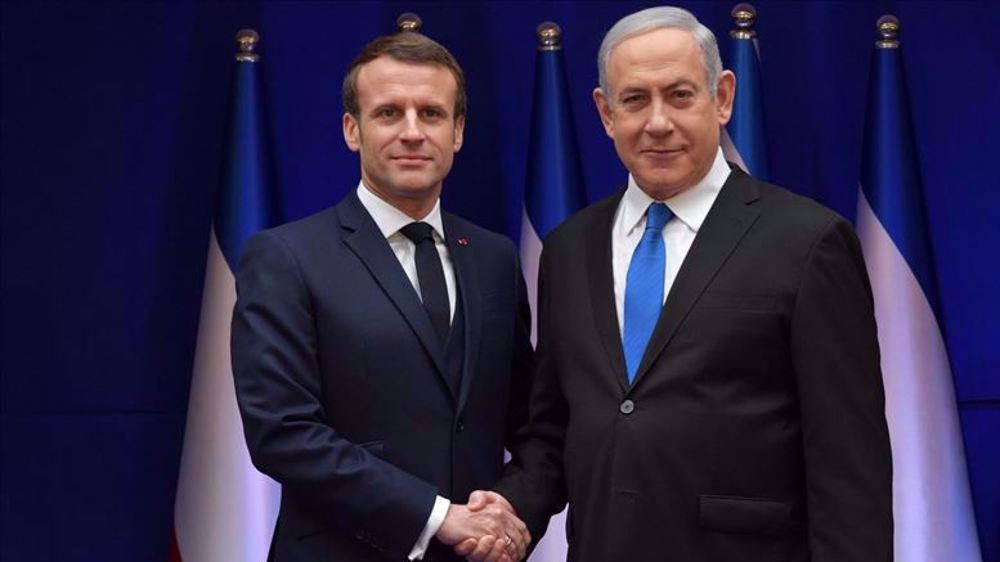




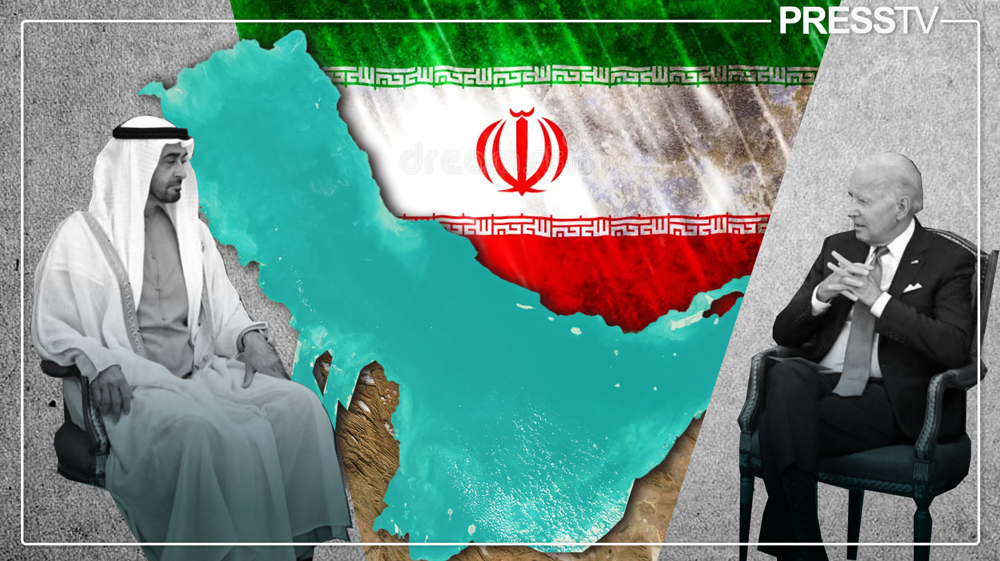

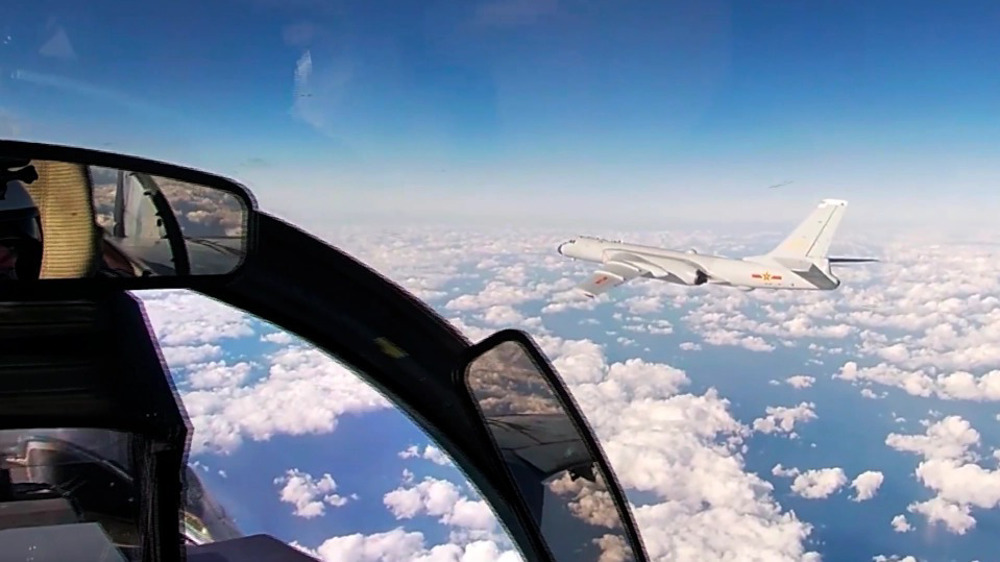
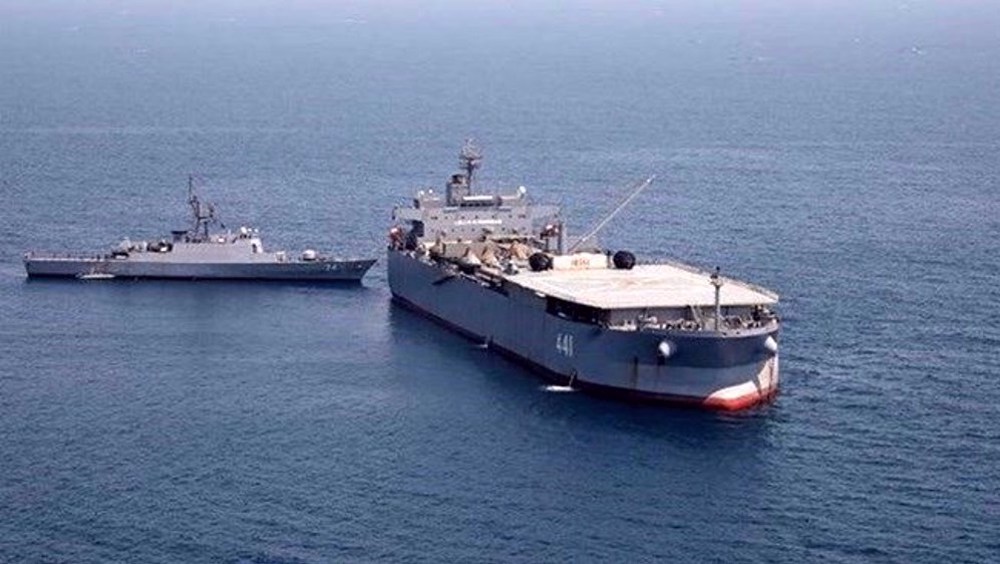


 This makes it easy to access the Press TV website
This makes it easy to access the Press TV website